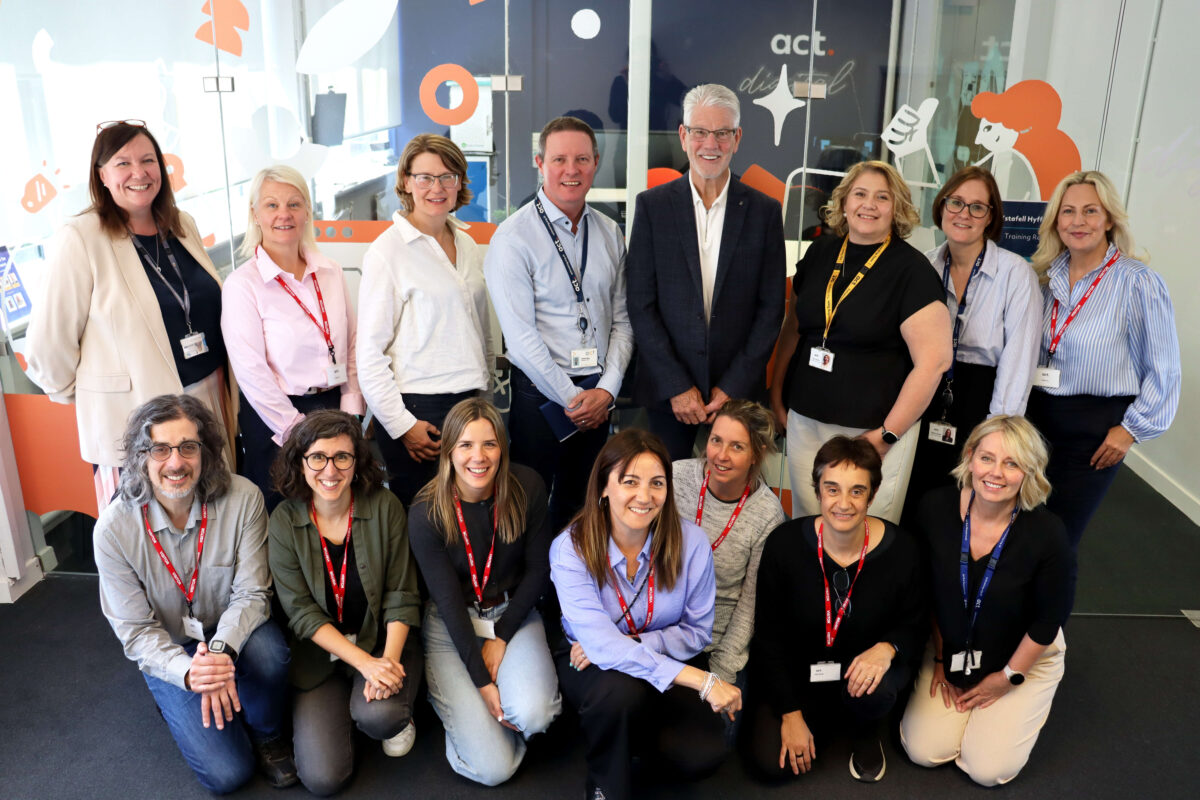A-level results day 2021: what to do if you do better or worse than expected

Whether you are physically going into school or college this morning or if you are logging on remotely to get your A-level results, the feelings of anxiety and anticipation are likely the same. You’re probably also tired of hearing the media talk about grade inflation as if your A-levels have been devalued. Know this though – whether you exceed your expected grades, or if you do not quite reach the number of Ucas points needed to go into your first-choice university, or if you have failed a subject completely, there are more options available to you than you might think.
Rahim Hirji, UK country manager at leading online learning platform and app, Quizlet, has offered advice to students who may not have achieved the grades they needed this A-level results day.
Firstly, it is important to know that all schools and colleges will have a team of dedicated staff who are on hand to offer one to one advice on what is available to you next. Though the experience can feel quite stressful, your college’s course advice service will be able to talk you through the next steps. Here are just a few of the options that you may want to consider:
Clearing
Just because you didn’t get the grades you needed doesn’t mean you can’t go to university. According to Ucas data, of the 515,650 students that applied to universities across the UK last year, 52,610 of them were placed onto courses through clearing. While it may not be your first-choice university that you go to, by registering with Ucas Clearing, students can see which universities have places available and apply. Almost every university in the UK will offer students clearing options, so do not think that you will only be offered lower-ranked courses. You should think of this as an opportunity to broaden your horizons both for courses and universities you hadn’t considered.
There are over 30,000 courses listed within the clearing site, so even if you have changed your mind about the initial course you have applied for, it is not too late to change. Logging onto Ucas Track will enable you to see a personalised list of courses available to you with your current grades.
Resits
A-level students are fortunate that they also have the option to resit an exam if they did not necessarily get the desired grades. Though you may only have missed out on a few marks, resits can be a great way to study hard and boost that mark. If you are thinking of resitting an A2 exam, the first thing to do is to contact your chosen universities admissions team to discuss your options, as some universities will take you, even if you did not necessarily get the exact marks needed. However, if you are looking to resit an exam, digital tools can be a great way to keep the process interactive and boost the revision process. Tools such as Quizlet offer users a variety of options including past papers, approved study materials and inbuilt AI that can test you where you are really struggling, so you need not feel like the revision process is quite so tiresome or lonely.
If you do apply to resit either one or a number of your exams, you may not even have to go back to college to do the exam as many colleges will allow you to choose where you want to resit, with online and home-study both being included.
Internships and mentor programmes
While academia may feel like it is the only option for you, have you considered speaking with a business mentor, family member or a business owner about how they accessed their career? Internships and mentor programmes can be a great way to start your young career, launching you into the world of paid work while offering you the skill set needed for the role. There are more options than ever for students considering vocational placements, including the Government’s own website which can offer advice on careers, internships, work placements, training and support.
Gap year
If the past year has taught us anything it is to look after and be more aware of our own mental health. Studies have proven that taking time out of college and university to either travel, work or volunteer can boost mental health and give you a new perspective on what it is that you want to do. Also, know that you are not alone in taking time away from education to reassess. Data from the Year Out Group suggests that almost a quarter of a million students annually decide to step back from academia for a year to experience time away from education before hedging into further education.
Universities will always be there, even if there’s talk of them being oversubscribed this year, and so deferring a year is always an option while you reassess. In fact, as some universities exceed the available number of places on some courses, they will pay you to defer.
Course change
While you may have had your heart set on the idea of going to university to study a specific course, if you have missed out on the grade point by a few marks it is not too late to apply for a similar degree, or even something completely different. Speak with your lecturers who can offer insight on your strengths and the courses that are available to you as well as contacting Ucas’s support network can be a great first step to changing your first choice to something that is available to you. Clearing is open to all registered students from Monday 5th July – 19th October 2021, so there is plenty of time to get a clearer idea of a plan, to then get online with an idea of the potential next steps you want to make. Remember, there are usually more routes than you might think to access a professional career than just doing one specific degree.











Responses